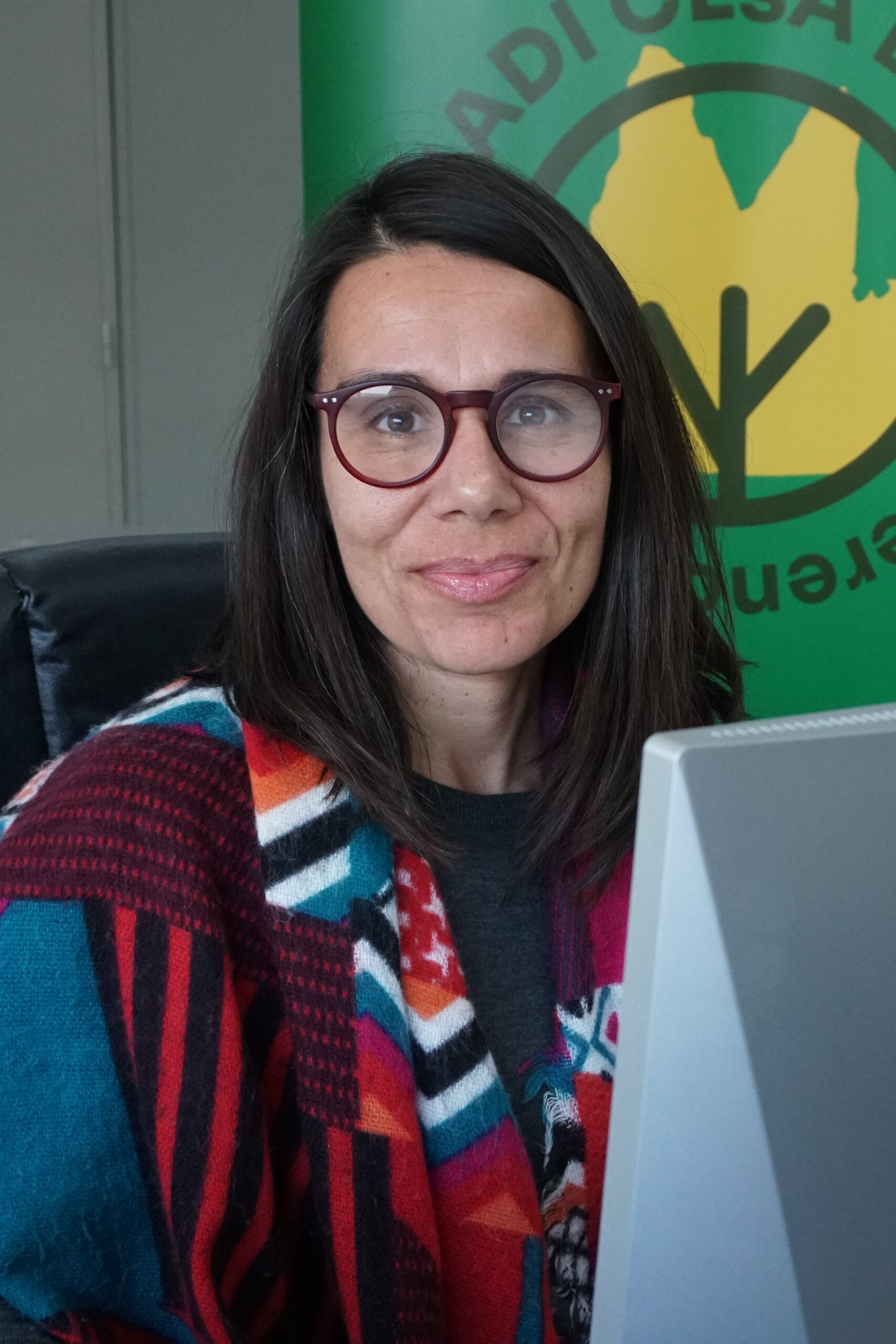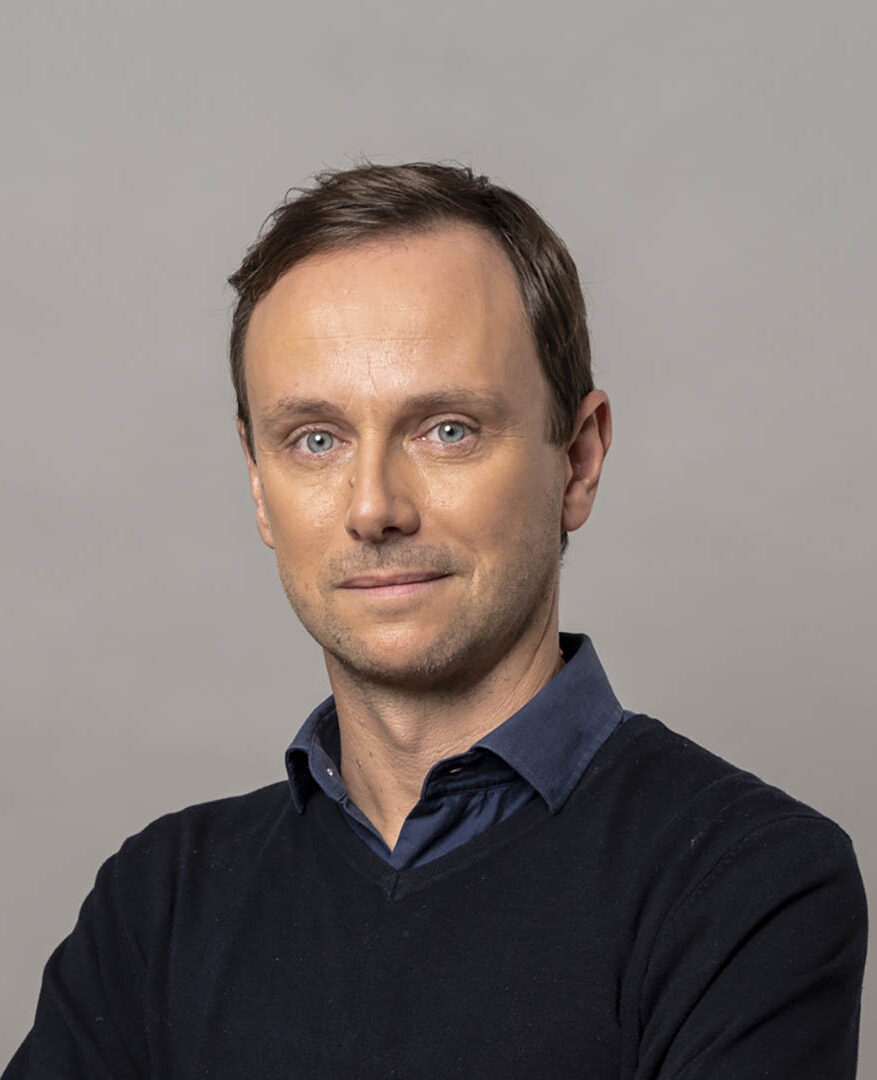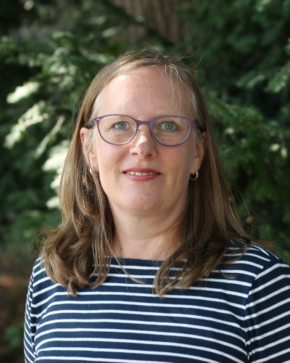CEsA Digital Magazine #1 | Interview: CEsA and EADI are jointly organising the 2023 General Conference, the largest European conference on Development Studies

The EADI CEsA Lisbon Conference 2023 will be held at ISEG from 10 to 13 July and it is expected to be attended by around 500 participants, reflecting on and seeking solutions on the path towards New Rhythms of Development
Mapping new rhythms of development in a global setting of crises and challenges that are increasingly serious and complex: this is the focus of the EADI CEsA Lisbon Conference 2023: Towards New Rhythms of Development, the largest European conference on Development Studies, which will be held at ISEG – Lisbon School of Economics and Management from 10 to 13 July.
The Centre for African and Development Studies (CEsA/CSG/ISEG/ULisbon) is the co-organiser of the event, which is being held in Lisbon, Portugal for the first time. The General Conference, organised by the European Association of Development Research and Training Institute (EADI) every three years since 1975, will be in hybrid format (in-person and online) and registration is open.

“Lisbon is an attractive city and the weather will be very good in July. We expect these factors to contribute to people’s decisions to attend the conference in person”, said Susana Costa, the CEsA representative monitoring the planning and logistics of the event.
The organisers expect the event to be attended by around 500 researchers and professionals in the areas related to development in the North and the Global South. There will be four days of debate and reflection in three main plenary sessions in the mornings and in 10 parallel sessions taking place at the same time in the afternoon, based on the approved panels: 37 Seed Panels, 15 Harvest Panels, 17 Roundtable Sessions and 3 Workshop Sessions. “There will also be a social and cultural programme at the end of the day. This will be a fundamental time for networking between participants, which could contribute to the emergence of future joint projects”, said Costa.
Common goal
The common goal of the EADI CEsA Lisbon Conference 2023 is to rethink development in light of increasingly closer global relationships, inequalities and forms of exclusion. CEsA researcher, ISEG professor and member of the Scientific Committee for the event, Alexandre Abreu, gave an example of this scenario of multifaceted crises in different spheres: climate crisis, pandemic crisis, imminent global economic recession, threats to peace and global security, etc.

In Abreu’s opinion, “We have arrived at this moment with many concerns and a great deal of optimism is need to counter all of these very real reasons there are for being pessimistic about the world around us, but we hope it will be possible to strengthen connections through the discussions that will be had and to find solutions”.
The researcher pointed out the importance of Portuguese academic participation in the General Conference in order to reinforce both the centrality of the subjects already covered in development and cooperation studies in Portugal and to bring in other discussions that still need to be further developed in a local setting, such as “post-development”.
Learning for CEsA
The efforts made for CEsA to host the EADI General Conference began in 2019, on the occasion of the EADI Directors’ Meeting in Córdoba, Spain. “At the time, I was a member of the Board of CEsA and I went with the then Chair of CEsA, Professor António Mendonça, who had the vision to announce our availability to host this conference in order to increase the international projection of CEsA and mark the 40th anniversary of the centre and the 30th anniversary of the master’s degree in Development and International Cooperation at ISEG”, recalled Abreu.
For this member of the Scientific Committee, there are a number of attractive reasons for holding the conference in Portugal, which include the return of the event to Southern Europe and the connection between the Portuguese-speaking developing countries, particularly Portuguese-speaking Africa. “Obviously, for CEsA it has a lot to do with reinforcing our international participation in this association, but also largely to strengthen ties in terms of participation in international networks by the different researchers in the centre.”
Interview with Susanne von Itter, Executive Director of EADI – European Association of Development Research and Training Institutes

CEsA Digital Magazine: Could you briefly describe how Lisbon came to be chosen to hold the EADI General Conference in 2023? When and in what context was Lisbon chosen, why, and what are EADI’s expectations for holding its largest event in a city like Lisbon?
Susanne von Itter (EADI): Our General Conferences are a flagship event on development studies issues in Europe, and assemble over 500 researchers every three years. They allow to highlight a particular regional community of scholars, and so the CEsA approached us in 2019 already to offer to host the 2023 conference in Lisbon.
Portugal has a vibrant community of researchers and research institutes which deal with issues of inequality, development policy and African and Latin American Studies and have a long tradition in these research areas. EADI was very honoured to accept this offer.
CEsA Digital Magazine: The last time an EADI Conference was held in Southern Europe was in 1984. What’s different in this return in 2023? Are there discussions that could benefit from this context?
Susanne von Itter (EADI): The difference is that since 1984 the scope and nature of development studies have evolved: from a strong focus on development economics to discourses on inequality and decoloniality, taking environmental issues into account and recognising that we speak about global problems.
The Sustainable Development Goals and other global frameworks have set out visions for a more equitable and sustainable world both in the North and in the Global South. We have many common problems and can learn from each other. Current crises show that mainstream concepts of development concepts, linear planning models and narrow notions of progress and growth have not worked to reduce inequality in all its facets.
Re-imagining the orientation of development studies, a process that has been strengthened in the past years by critical development research has led to a process that explores the nature and adequacy of processes as well as the objectives, considering new approaches to universal, equitable and inclusive models of development.
We hope that especially the researchers from Southern Europe with their international connections to Portuguese and Spanish speaking countries in Latin America, Africa and Europe will feed their specific expertise into this discussion and inspire their colleagues from other regions of Europe and globally. All the topics you mention with benefit from this particular research.
CEsA Digital Magazine: The EADI CEsA Lisbon Conference 2023 is making an appeal to rethink the global scenario on the path towards new development rhythms. What are the main expectations of EADI for this event?
Susanne von Itter (EADI): We offer a variety of 80 panels, roundtables and workshops which do not follow the mainstream of research demanded by ministries, or of donors bodies such as the European Commission’s programmes. The topics and approaches presented go beyond, and intend to create a vivid discussion on new rhythms, creative approaches to tackle global challenges.
All this in a spirit of value based development and commitment to development studies as an agenda to protect life on Earth. And as a commitment to educate and train the younger generation at our universities and encourage them to critical thinking.
We hope that especially the young generation of researchers at the conference will drive these discussions, or at least intensively participate. We have different incentives in place to enable the young generation of scholars (from Europe and the Global South) to be involved in the conference, either as panel organisers of presenting authors.
Finally, we hope that the new rhythms addressed at the conference will also engage with innovative visions to cope with current crises. A “One World” approach is needed to cope with climate change, pandemics and armed conflicts.
We wanted to support a positive and encouraging approach when we chose the title, being aware that the multiplication of crises is a complex and serious matter and creative thinking to develop new concepts, methods and policies is needed. As the introduction to the conference theme states, we aim “to illuminate the various causes and manifestations of these current unprecedented challenges and to explore and map ‘new rhythms of development’.”
CEsA Digital Magazine: What do you think can be improved and/or strengthened in the partnership between EADI and CEsA in order to hold the largest European conference on Development Studies and what new ideas and projects could stem from this experience?
Susanne von Itter (EADI): Thanks to the good cooperation and strong team spirit in the organising team (I would like to mention Susana Vieira da Costa, Luis Mah from CEsA and Basile Boulay and colleagues from the EADI Secretariat in this context), the conference preparations were very successful already, we could attract a large number of cutting-edge panel and abstract submissions, and currently the selection process is taking place.
We hope to be able to strengthen the community of researchers in Southern Europe, and be able to have follow up events in this particular region of Europe together with CEsA. As the conference is hosting a number of panels in Portuguese, we also hope to make knowledge available that would not be visible at a solely English speaking conference, and inspire the local solution of global problems.
Read more:
Text published in issue n. 1 of CEsA Digital Magazine. Authorship: Marianna Rios/Communication CEsA. Editing: Sónia Frias/CEsA Board and Filipe Batista/Communication CEsA. Translation: Inês Hugon. Design: Felipe Vaz.





